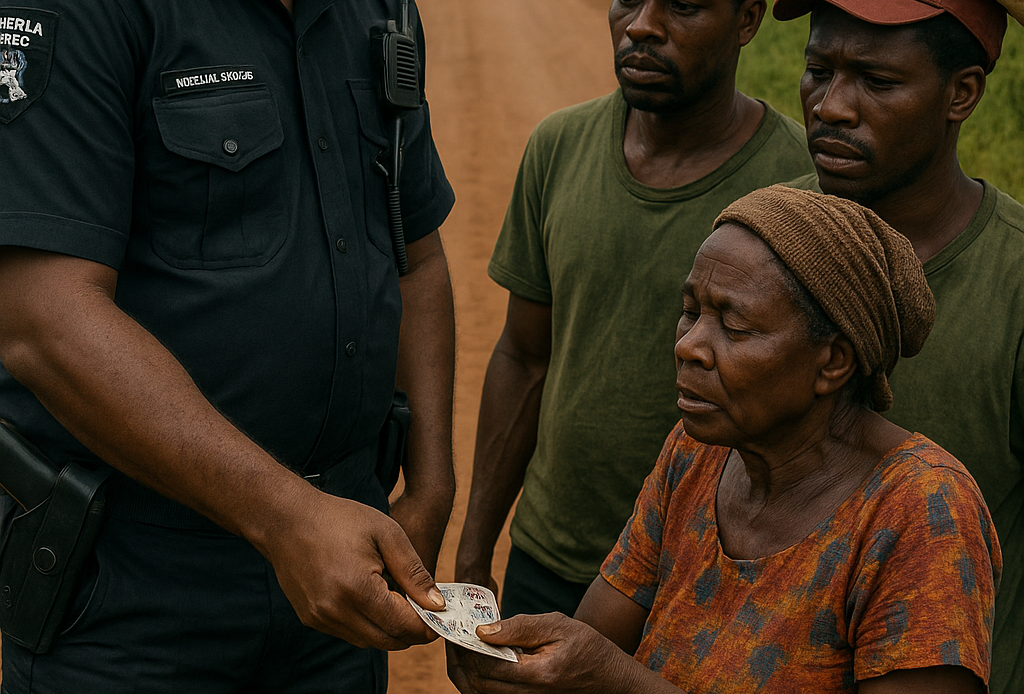
Yesterday, Sunday 22nd June 2025, I was on my usual pastoral run, this time to one of my Outstations. As I drove through the Ubiaja/Illushi road, something caught my attention; and no, it wasn’t the beautiful greenery or the cries of market women selling yams and tomatoes.
It was the number of security checkpoints that dotted the road like speed bumps on a newly asphalted Nigerian highway. From Udakpa junction to Oria, I counted not less than seven separate checkpoints. Policemen, Soldiers, and local Vigilante groups were all out in full force. Why? Because it was market day.
Now, don’t get the idea that this heavy security presence was because our men in uniform suddenly got a surge of patriotic energy to secure lives and property (they may sometimes get the opportunity to do this too), but what we’re seeing here is primarily a disturbing pattern; the slow but steady transformation of security checkpoints into unofficial tollgates, especially on days when the rural economy is most active.
To be fair, I won’t blame the personnel on the road entirely. Many of them, especially the junior officers, are under pressure. You’d be surprised how many of them have targets to meet before the day runs out; unofficial quotas, of course.
The result? Instead of patrolling with the new vans generously donated by the Edo State Governor, they are stationed at fixed points, collecting ‘something for the boys’ from poor farmers and traders struggling to survive. It’s extortion, dressed in camouflage and boots.
This begs the question: when it truly matters, that is, when kidnappers strike or armed herdsmen launch attacks in our rural communities, will these same personnel be capable of providing security? If their presence on our roads is more about cash flow than community safety, are we not simply funding a system that fails us when we need it the most?
The sad part is that this phenomenon feeds into the growing mistrust rural dwellers have for security agencies. When the people see you only when money is to be collected, and not when lives are at stake, they stop calling you when danger lurks.
So what can be done?
First, let’s re-imagine security in Edo’s rural areas as community-focused, not checkpoint-focused. Instead of turning every junction into a toll booth, let security operatives rotate actual patrols; random, mobile, and intelligence-driven. The vehicles provided should not become ornaments at headquarters; they should be moving, visible, and accessible.
Secondly, the Edo State Government should work with local communities to develop a rural alert system. Perhaps a coordinated structure involving local vigilantes, traditional rulers, and the police, one that prioritizes response over revenue.
Thirdly, we must invest in technology. Drones, CCTV where possible, and proper communication equipment can complement human presence. And yes, there must be accountability. Security agents caught extorting citizens should be investigated and appropriately sanctioned.
Finally, it’s time we stop normalising abnormality. Seven checkpoints on a single stretch of road is not security. It’s HARASSMENT.
We must raise our voices, not just to complain, but to demand better. Our rural communities deserve peace, not pressure. They need protection, not predation. And our security forces must rediscover their calling, not to profit from fear, but to stand as guardians of hope.
Security is possible!
© Oselumhense Anetor, 2025
